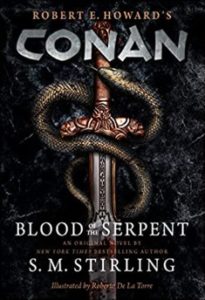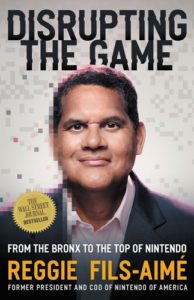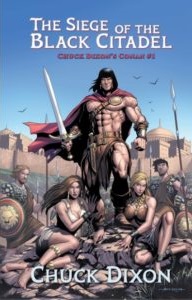Films based on comic books have been around for at least half a century but have become both a lot more common and popular in the last twenty years. So many have been made in this period that there is now a measurable decline in interest; though there are still plenty getting released. I have never been a big comic book reader but I have read one from time to time and loved X-Men, Spider-Man and Batman when I was growing up — especially through their respective television shows. I have also been interested in the various film adaptations starting most memorably with the 2000 X-Men film. This film is where I would date the beginning of the widespread adaptation of comic book films though you could easily quibble with this as for example: Blade predated this by a few years.
This post is going to cover eight films based on comic books that I really enjoyed. I am putting them in order of release and am only including one film from each franchise to avoid doubling up. I am also strictly choosing films based on comic books and not films based on franchises that have also been comic books or any other variation like that. The origin of the character or franchise must be originally from a comic book to be included and I don’t think I’ve made any mistake in the ones I’ve chosen.


 Conan – Blood of the Serpent by S. M. Stirling, Titan Books, December 6th, 2022
Conan – Blood of the Serpent by S. M. Stirling, Titan Books, December 6th, 2022 Disrupting the Game: From the Bronx to the Top of Nintendo by Reggie Fils-Aimé, HarperCollins Leadership, August 3rd, 2022
Disrupting the Game: From the Bronx to the Top of Nintendo by Reggie Fils-Aimé, HarperCollins Leadership, August 3rd, 2022 The Siege of the Black Citadel by Chuck Dixon, Castalia House, February 23rd, 2023
The Siege of the Black Citadel by Chuck Dixon, Castalia House, February 23rd, 2023